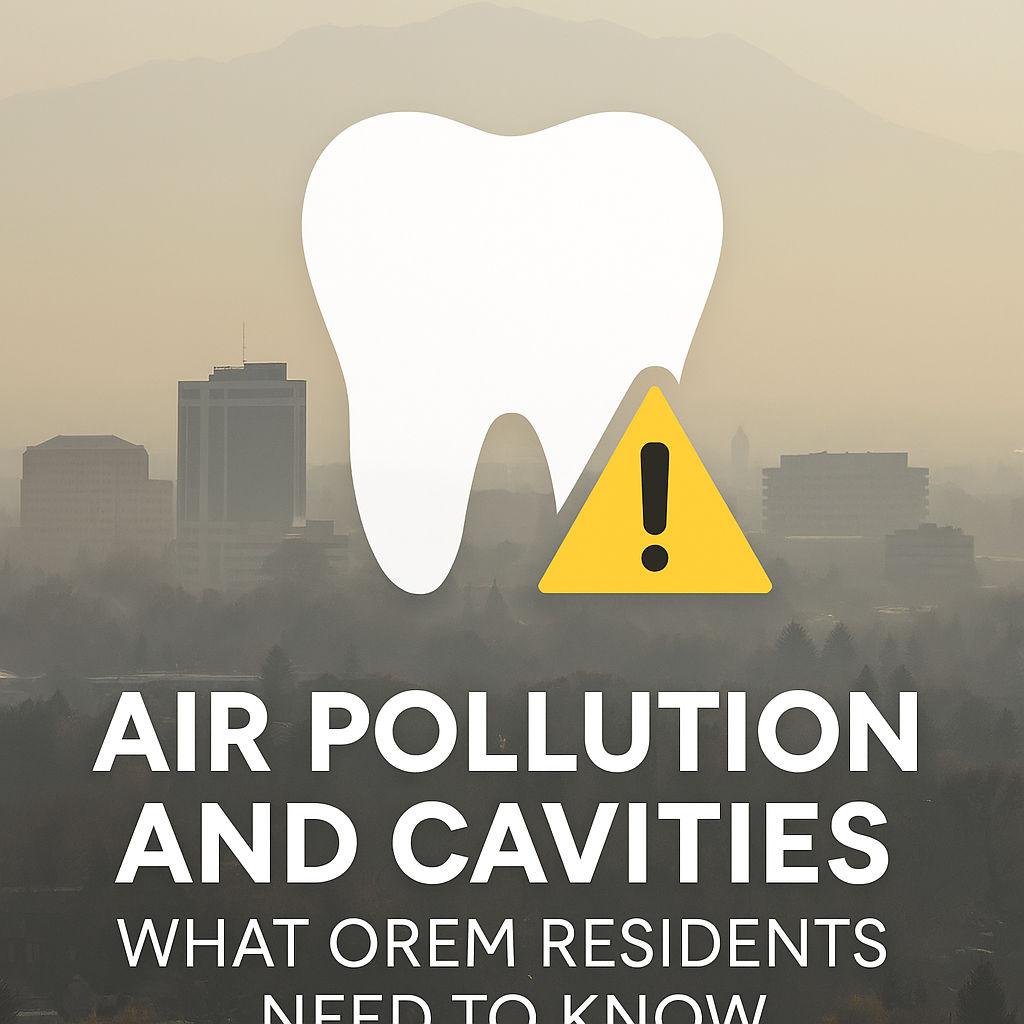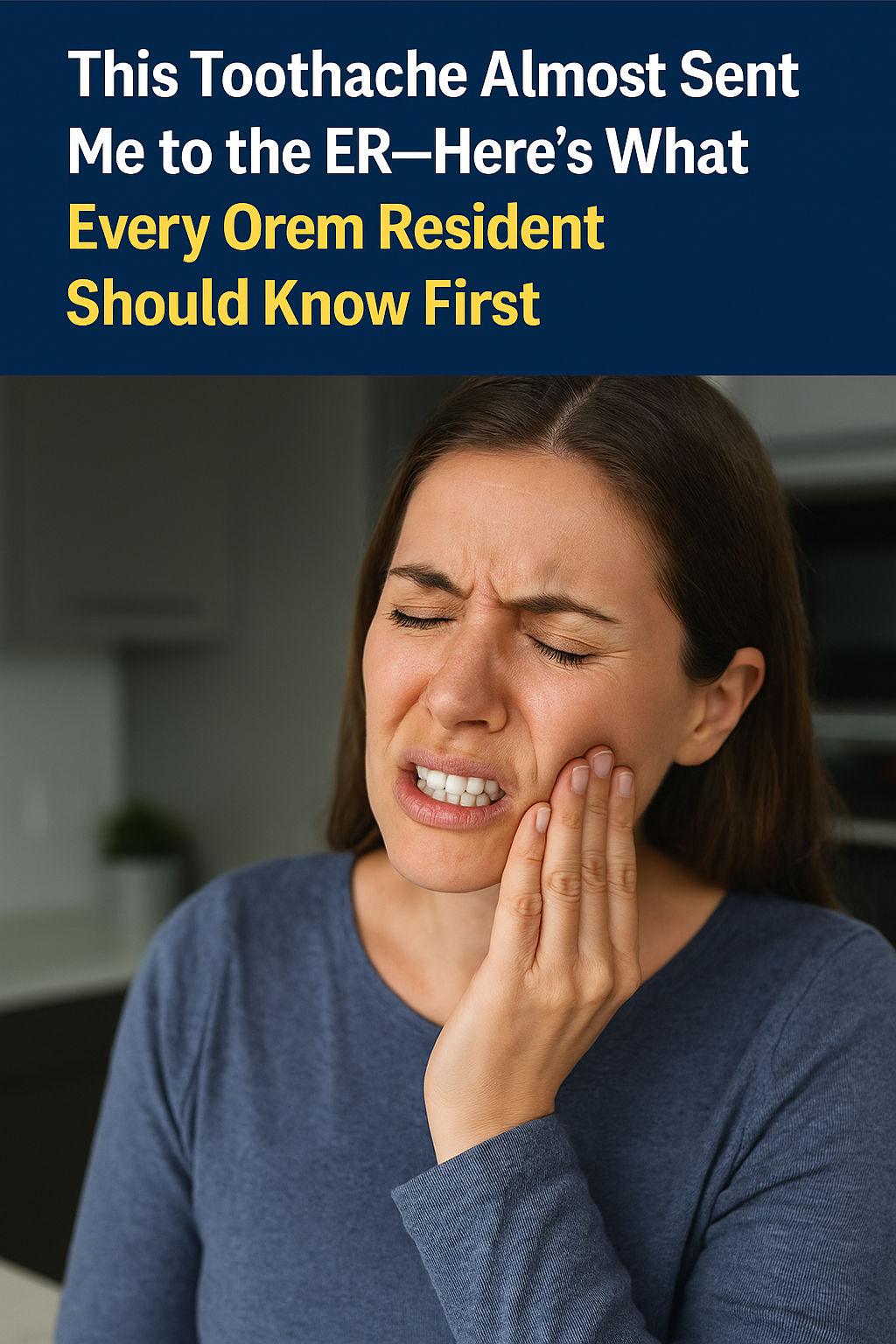Blog Highlights
- Dry mouth is caused by a lack of saliva
- Dry mouth is usually a symptom of some other condition
- Dry mouth may not be a serious condition itself, but it can indicate more serious problems
Millions of people suffer from dry mouth. In most cases, dry mouth is worse at night. Dry mouth can leave you waking up parched and uncomfortable. Chronic dry mouth can lead to gum disease and tooth decay if left untreated.
Causes and Symptoms of Dry Mouth
Dry mouth is caused by a lack of saliva. Saliva is a natural part of the digestive system and helps to break down food. It also helps to rinse the mouth of bacteria and keeps it clean. Without saliva, you would have trouble swallowing, chewing, tasting, and speaking. Additionally, a lack of saliva allows for an overgrowth of bad bacteria, which can cause tooth decay and infection.
Dry mouth is usually a symptom of some other condition. It may be caused by smoking, aging, radiation treatment, diabetes, Parkinson’s, and even general medication use.
Indications of dry mouth include chapped lips, burning or tingling in your mouth or on your tongue, bad breath, and a dry or sticky mouth. You may also feel extremely thirsty.
How To Prevent Dry Mouth
If you want to prevent dry mouth while you’re sleeping, there are several things you can do. Of course, the best course of treatment is to identify the underlying cause and treat that, but if you’re looking for a more temporary fix try some of the following solutions:
• Drink plenty of water
• Increase your saliva by chewing sugar-free gum
• Use a fluoride toothpaste twice a day
• Speak to your dentist or doctor about an artificial saliva product
• Avoid acidic or spicy foods
• Limit your consumption of alcohol and caffeine (especially at night)
• Don’t smoke
• Consider changing your medication to reduce the dry mouth side effect
• Use a humidifier when you sleep
• Keep a glass of water by your bed at night in case you wake up thirsty
Dry mouth may not be a serious condition itself, but it can indicate more serious problems. You should speak with your dentist or doctor if you have developed dry mouth so that they can help determine what’s going on and how to properly treat your condition.





